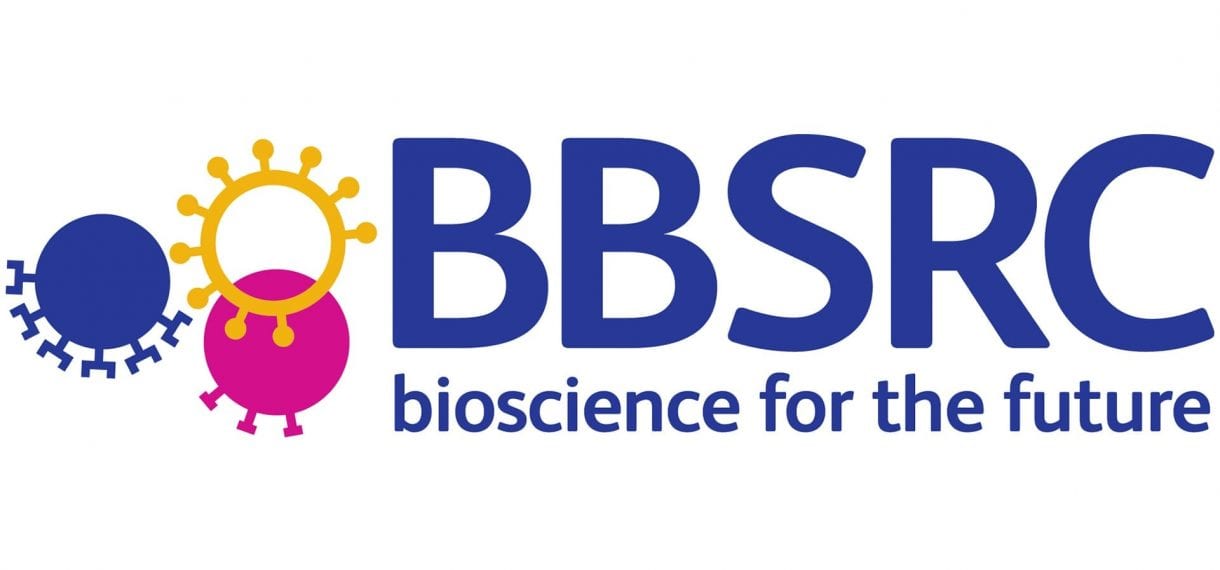

BBSRC Seeding Catalyst Award Call for Applications
The University of Lincoln has been successful in securing a second round of Industrial Strategy Challenge Fund (ICSF) Seeding Award funding (managed by Biotechnology and Biological Sciences Research Council), which will be spent through an ‘open competition’, and must address the objectives of the Transforming Food Production challenge.
Seeding Award funding will support a small number of high quality transformation projects in the agri food sector from any of the core science areas at Lincoln relating to Agriculture and Food so could include life sciences, engineering, computer science and social sciences. Projects can request between £25-50k, but must also secure industrial in kind support (50% of total cost) from business/SME co-participants. Funding is available immediately (October 18) and must be spent before 28th February 2019.
Applications are to be made by completing the BBSRC Seeding Catalyst Award application form_2018_ which must be submitted by 5pm on Wednesday 10th October via email to eseamer@lincoln.ac.uk. You will receive an email confirming receipt of the application form.
A panel, consisting of internal academics and wider staff members, will decide which projects have been successful and therefore will receive funding. The panel will make the decision on Friday 12th October and all applicants will receive notification of the panel’s final decision on or before Monday 15th October with agreed funding support being available from Friday 19th October.
The panel’s decision will be final, based on information available and supplied in the application form.
Activities within the scope of the Seeding Awards:
The Seeding Awards may support a range of activities, engaging practitioners and supporting the transition from discovery research to translational development projects, such as:
Funding for proof of concept projects.
- Generating evidence for users of the benefits of novel ideas or technologies, e.g. initial product design, developing virtual demonstrations, mock-up and models etc.
- Understanding economic, environmental and societal barriers to the adoption and uptake of data-driven precision solutions for food production challenges, such as public perceptions and consumer acceptance
- Enabling exploitation and commercialisation through feasibility studies. This may include providing access to expertise.
Seeding Awards cannot be used to support:
- Generic translation activities or infrastructure.
- Patent filing or similar costs associated directly to registering intellectual property rights.
- Non-specific public engagement activities and science communication, however specific activities designed to have specific impact upon a specific public may be acceptable.
- Directly incurred equipment costs.
- New research.
Awards will be based on the following principles:
- The project must support the translation of key basic Lincoln science or engineering towards industrial application.
- The awards must show a direct link to the overarching objectives of the ISCF and Transforming Food Production challenge – see ANNEX 1 for more details.
- The project must be collaborative and multi-disciplinary, but could include collaboration between core scientists (Computer Scientists / Engineers/ Chemists) with end users in the agri food supply chain.
- The project must have secured industrial in kind support (50% of total cost). Colleagues will be encouraged to develop new collaborations for these awards – projects with SME participants will be favoured over established large companies.
- The collaborations could be UK or International, but if international the industrial benefits will need to be secured post award in the UK.
- Each award must have demonstrable impact and show a clear pathway towards the transformation of the agri food sector.
- They must also show a clear route to secure future direct industry funding, or future leverage with RCUK (BBSRC / EPRSC / STFC) or Innovate UK grants.
Each project will be evaluated for IP protectability (primarily by the University), technical feasibility and commerciality of the underpinning technology. Any aspects of the technology that are identified as novel and proprietary will be protected using the appropriate routes. Technical feasibility will involve assessing whether the project/proposal could be transferred to practice in a cost effective and timely manner and the commercial viability will include evaluating the market and commercial opportunity for the technology/project. All recipients of funds will be required to support monitoring and dissemination activities as appropriate.